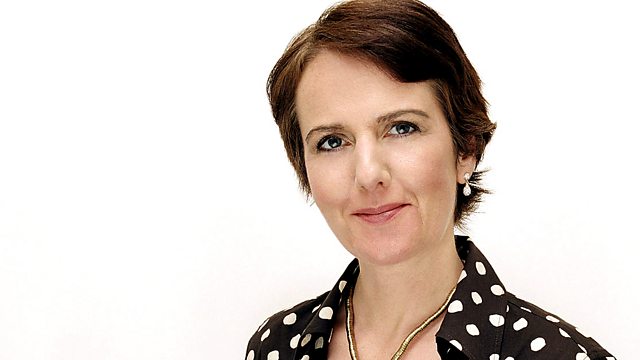Finding Work
Fi Glover explores how the job opportunities open to the younger generation have diminished since the 1960s, when the baby boomers entered work.
Generations Apart tracks two groups of people born at the forefront of their generations - the baby boomers born in 1946 and the children of the nineties, born into the era of the world wide web.
Last year we met the generations for the first time, but this year Fi Glover is joined by Professor Rachel Thomson, a sociologist at Sussex University, to explore how sixty years of social change have affected the two generations' ability to secure work, and ask what impact this has on the transition to adulthood.
In this programme, Fi explores how job opportunities open to the younger generation have diminished since the 1960s, when the baby boomers entered work.
Adam is twenty two and has been out of work since leaving school at sixteen. With no qualifications and constant disappointment at the job centre, he's struggling to stay positive. Leaving school without qualifications in the 1960s, as Derek did, wasn't such a recipe for disaster. He walked into factory work and was on a management training scheme by the time he reached Adam's age.
The contrast in the job opportunities between the generations is equally stark for those seeking skilled work. As a baby boomer, there were plenty of opportunities on offer for David when he was young. He remembers how passing the 11+ opened the doors to a good education and a secure career. As an undergraduate, Abi doesn't feel so positive. She'd like to be a journalist, but she's aware that a degree is no longer enough. Today it's all about getting unpaid work experience, something that many young people can't afford to do.
It's not just the younger generation who are competing for the paucity of jobs. People are now working longer, many beyond retirement age. Baby boomer Carol was shocked at how difficult it was to find work after leaving her long term job at the Heathrow airport last year.
The struggle for financial independence is something that many women from Carol's generation are familiar with. Even though there were plenty of jobs when they were young, pregnancy often brought an end to a career. Back in the 1960's, Cathy vividly remembers how she had to put children ahead of any career aspirations she had when she became pregnant. It's not an unfamiliar story in the modern working world, but it's less common.
Nickael is pleased that she has the social freedom to fit any children she may one day have around her job. She's chosen teaching, one of the few options left that offer a secure career path.
But what impact is the scarcity of jobs among the younger generation having on the rest of their lives? And how is it affecting the older generation? In the next programme, Fi Glover goes on the road to find out.
Producer: Beth Eastwood.
Last on
More episodes
Previous
You are at the first episode
![]()
Read Fi Glover's blog post about making the new series on the Radio 4 blog.
Clip
Broadcasts
- Wed 16 Jan 2013 09:00Βι¶ΉΤΌΕΔ Radio 4
- Wed 16 Jan 2013 21:30Βι¶ΉΤΌΕΔ Radio 4



